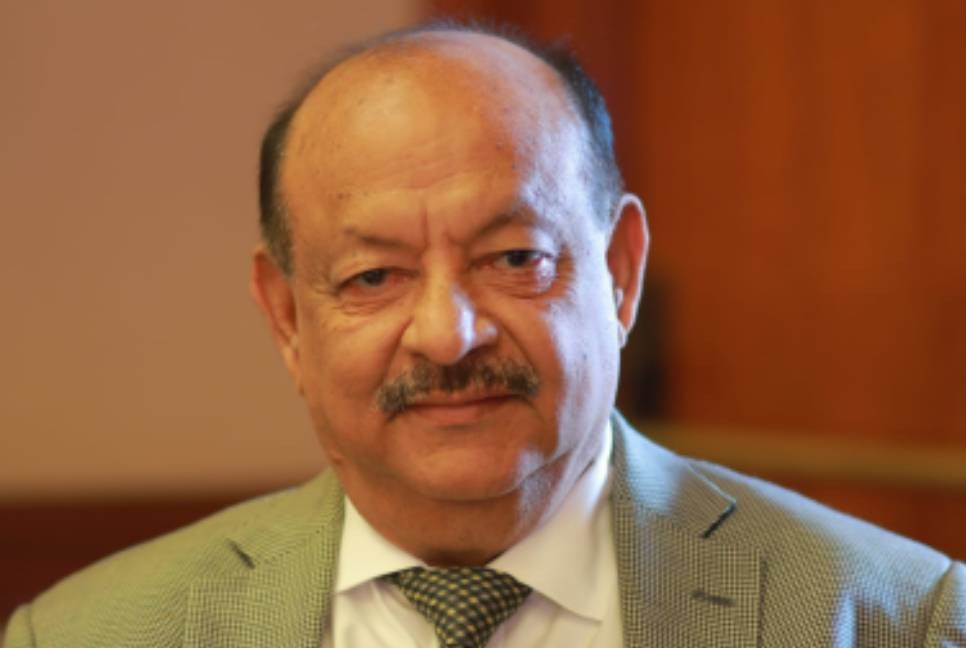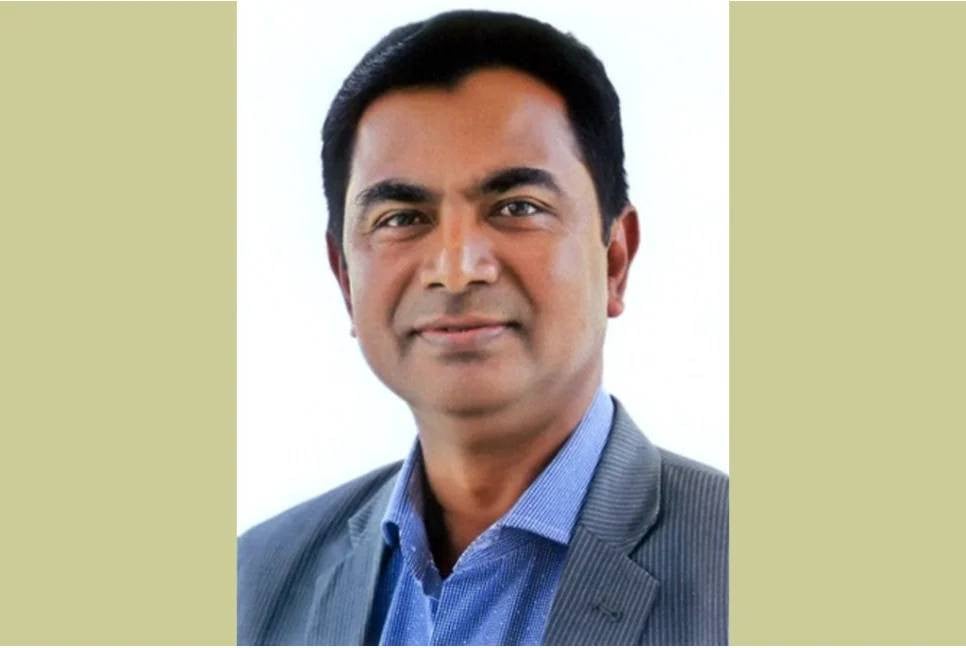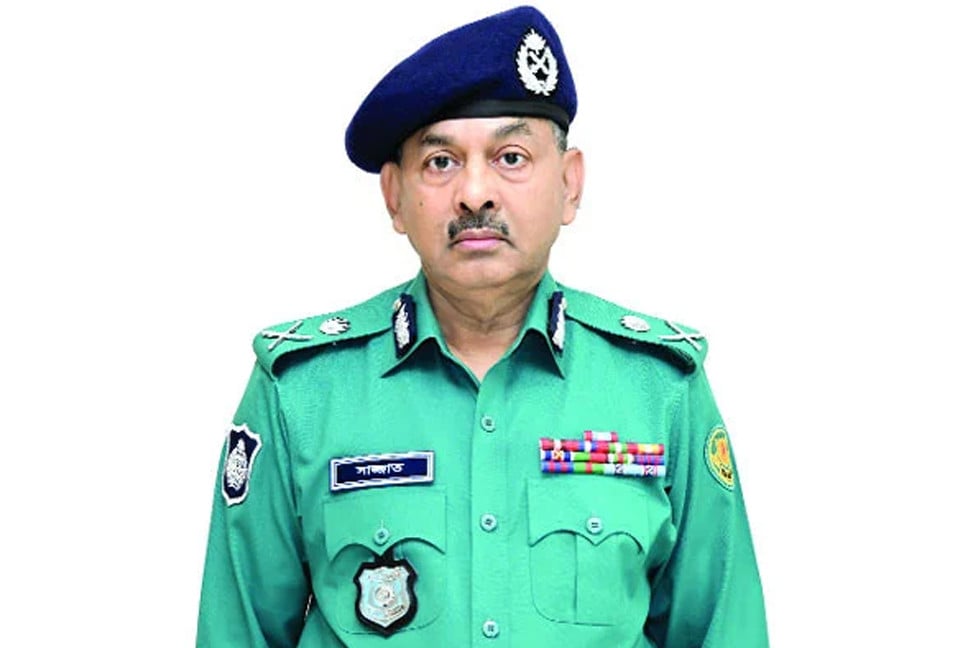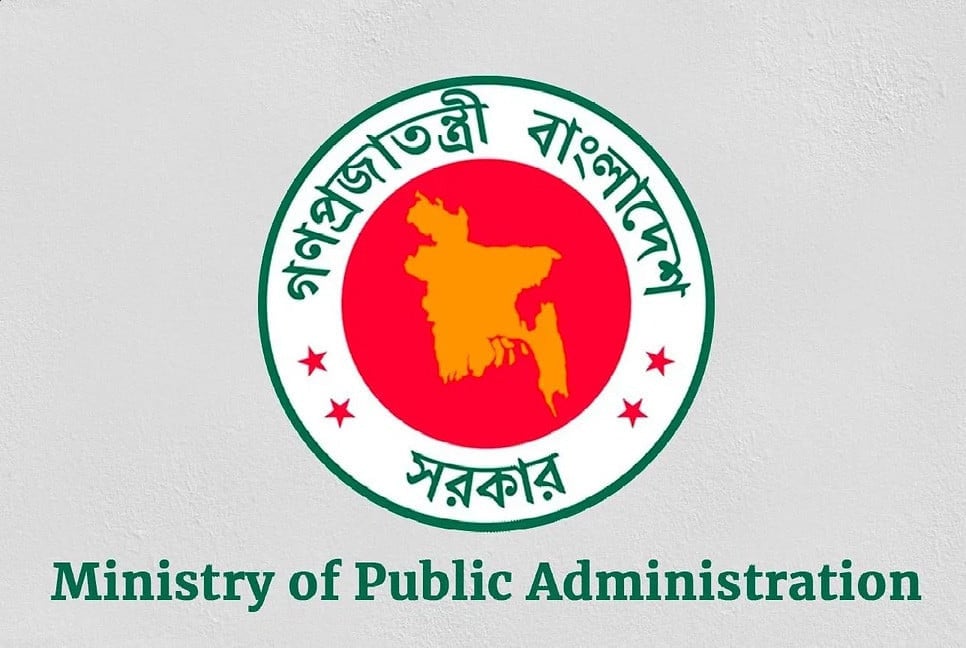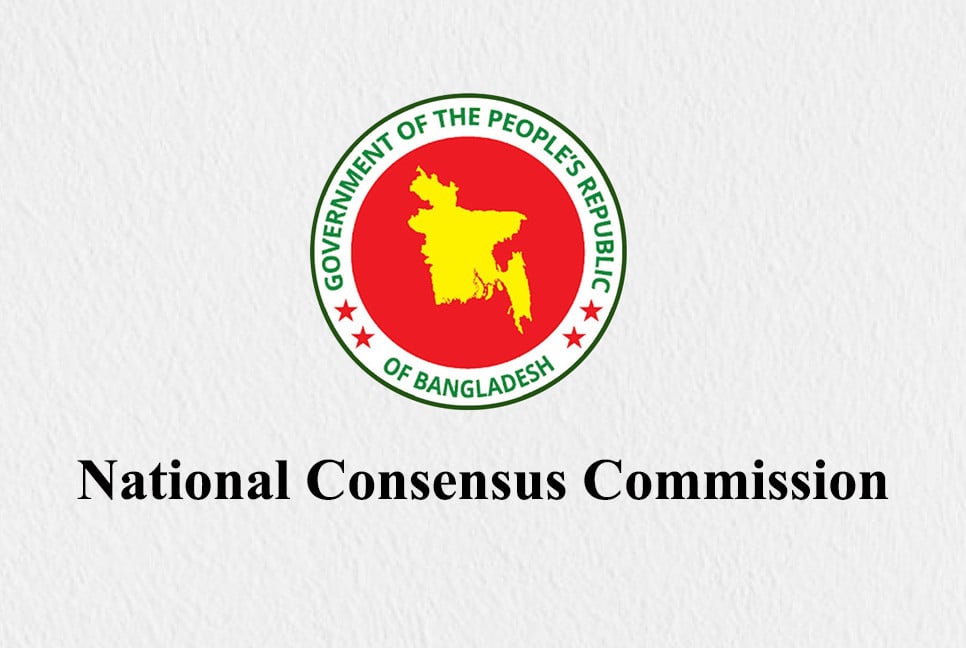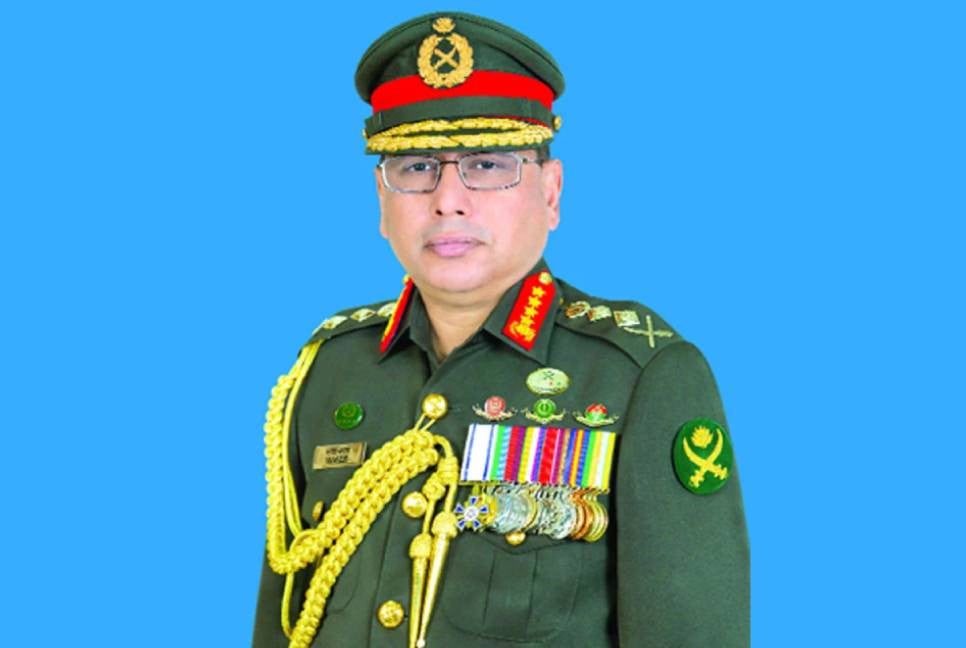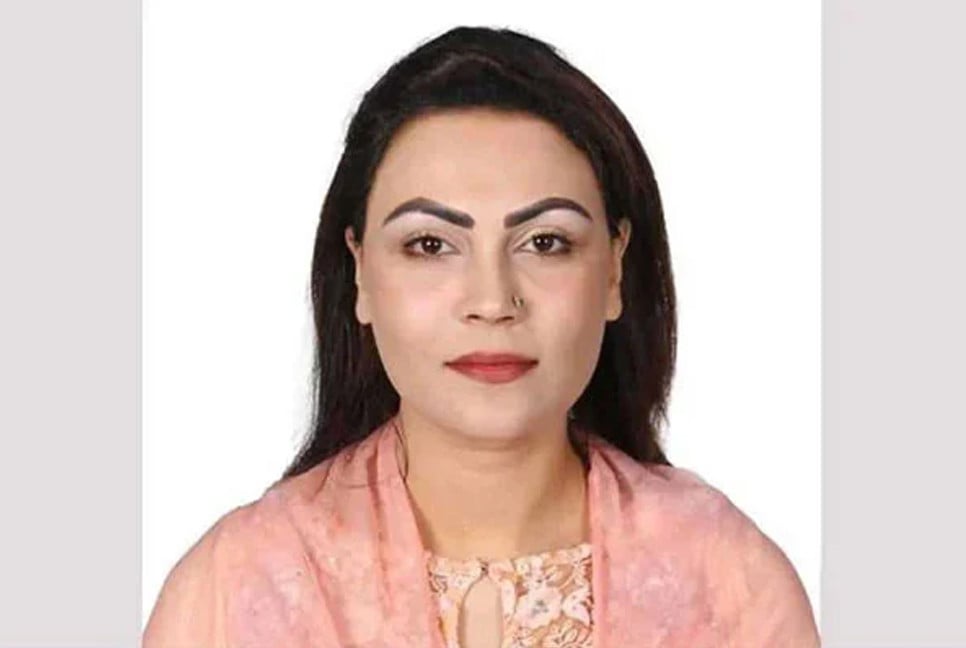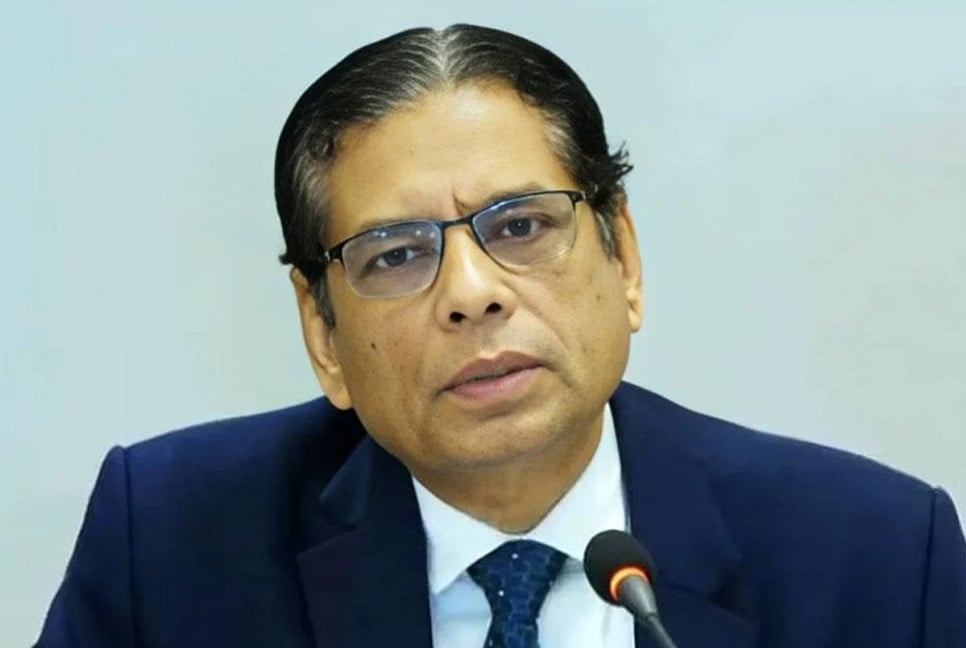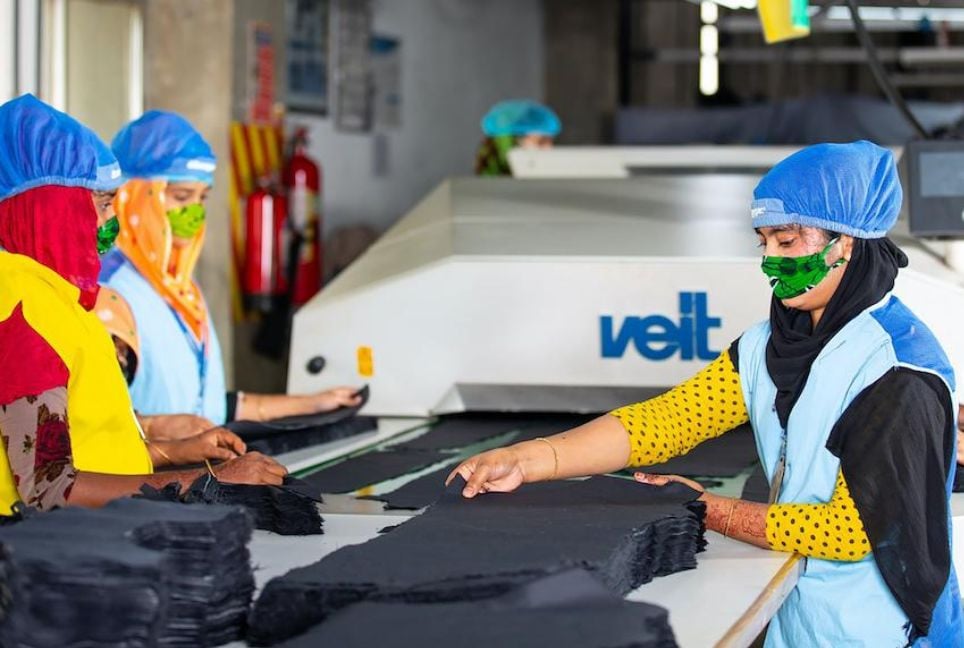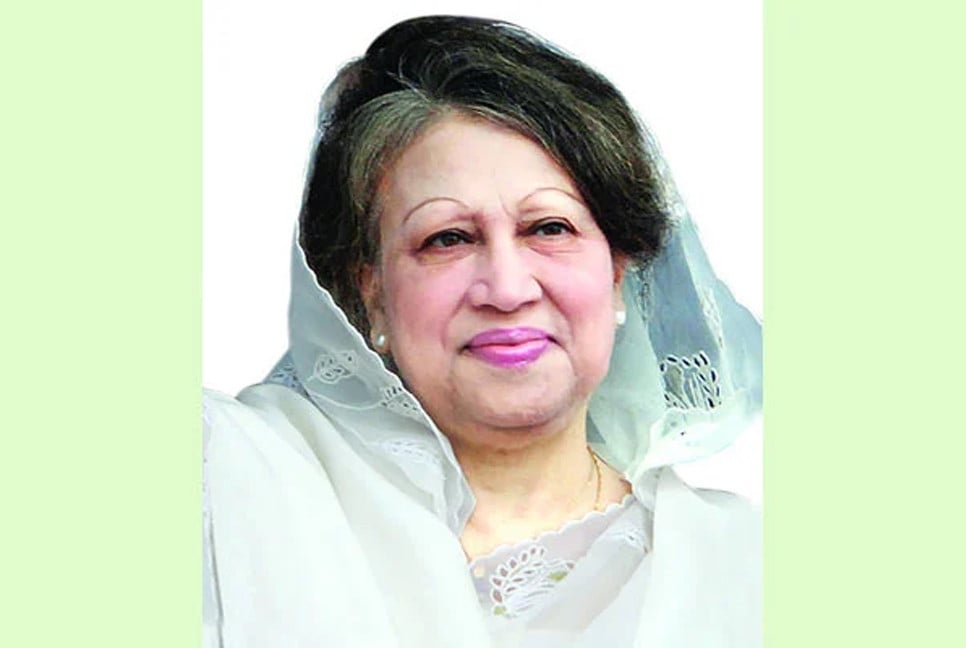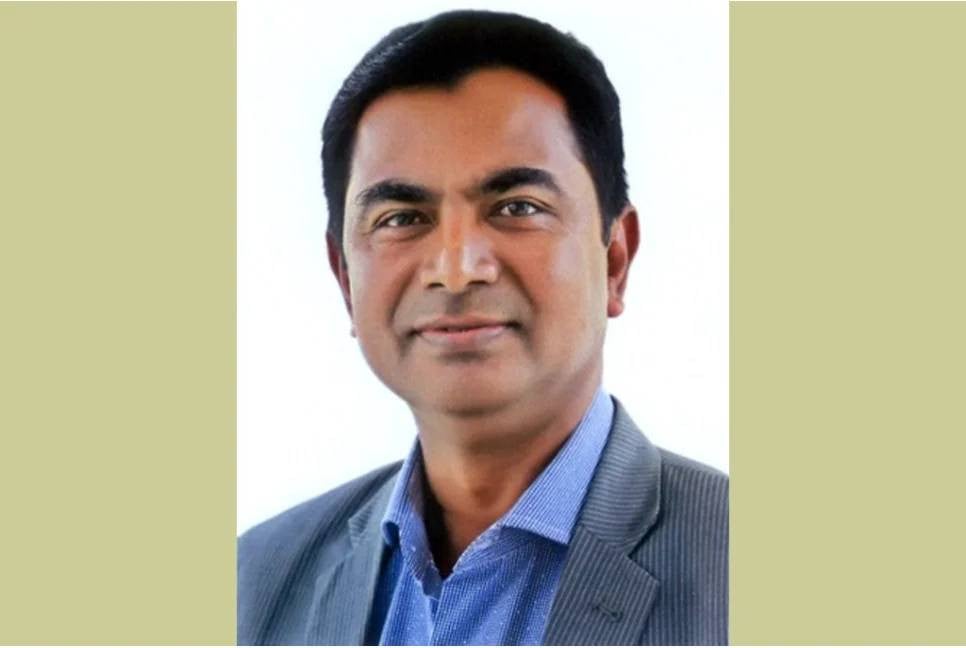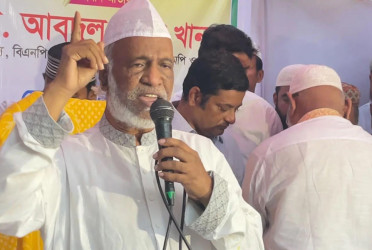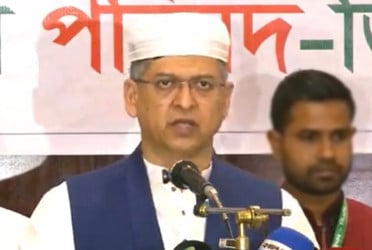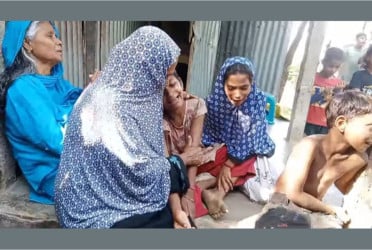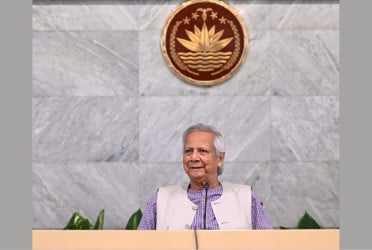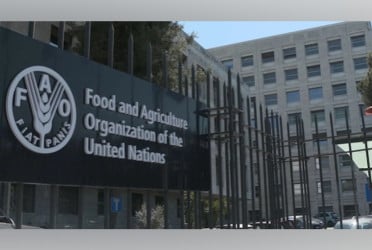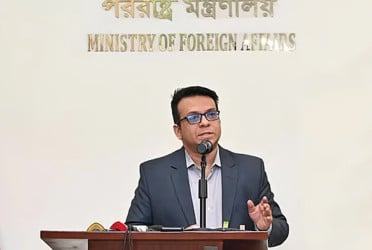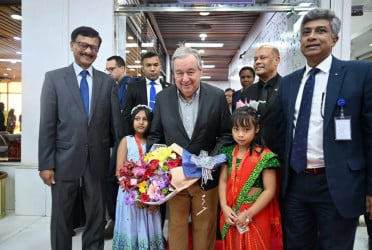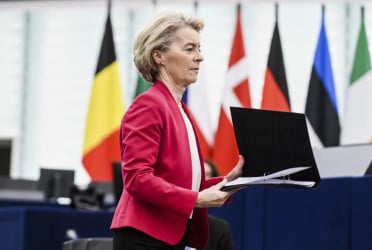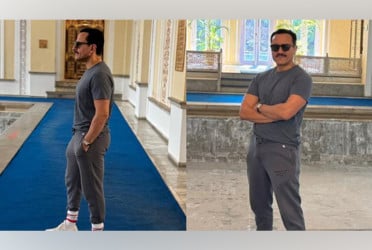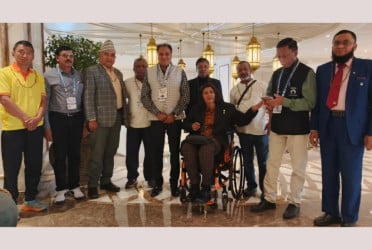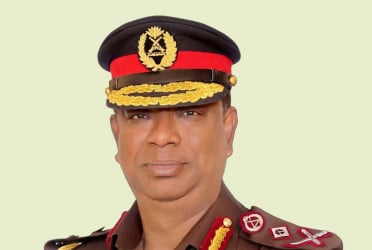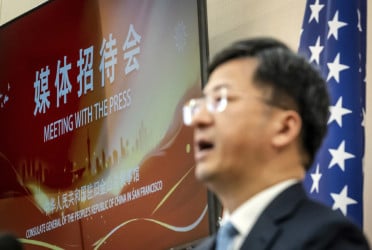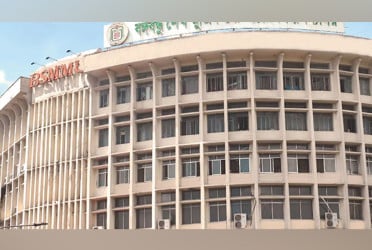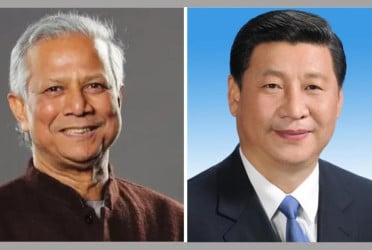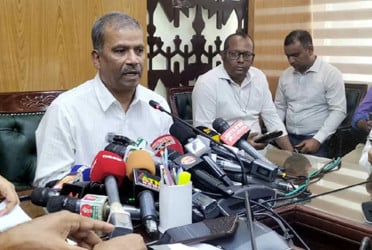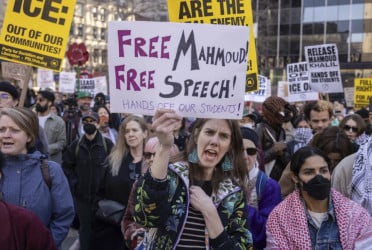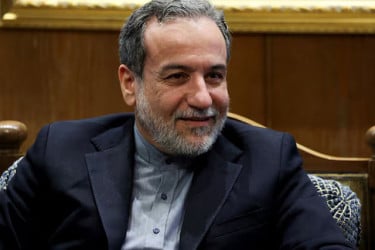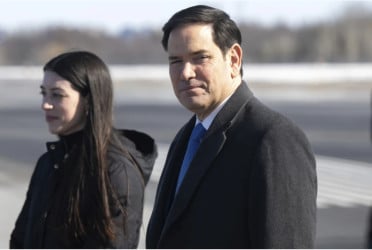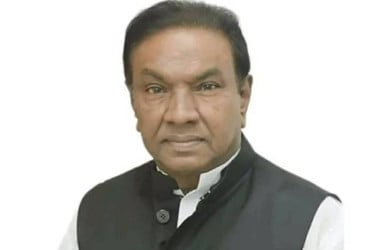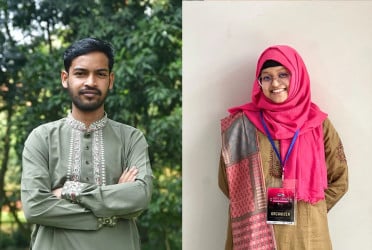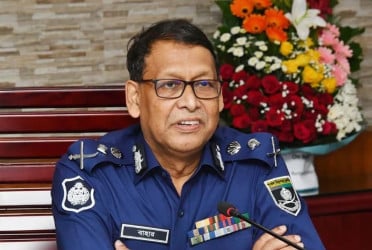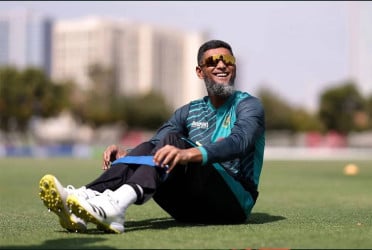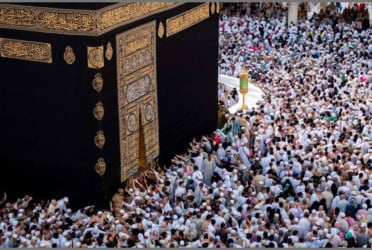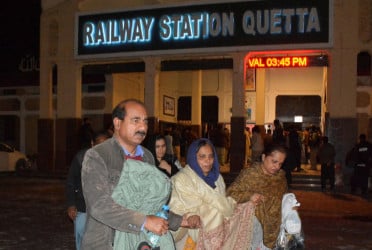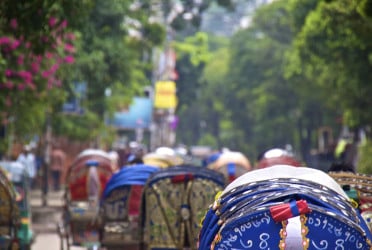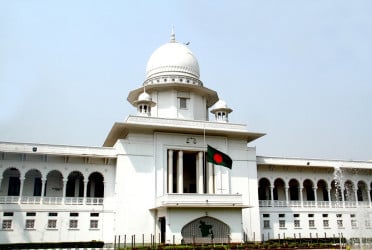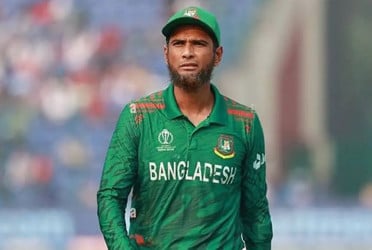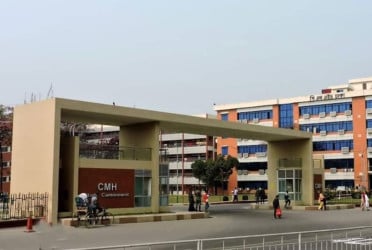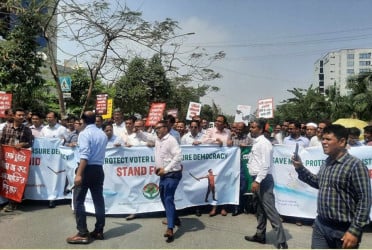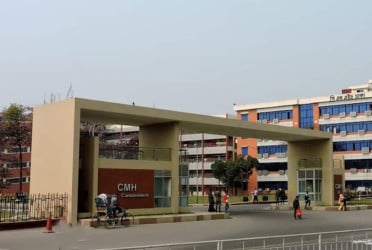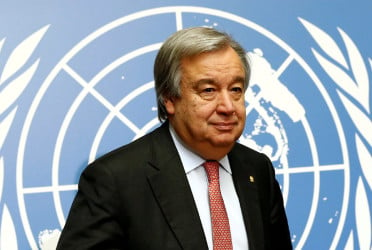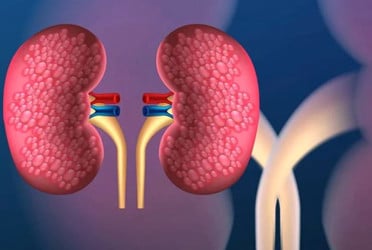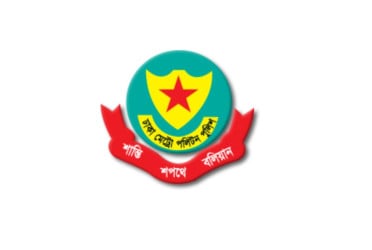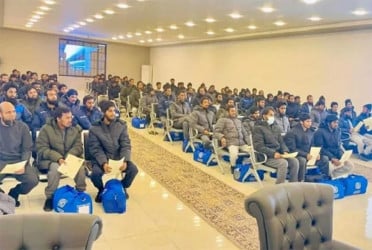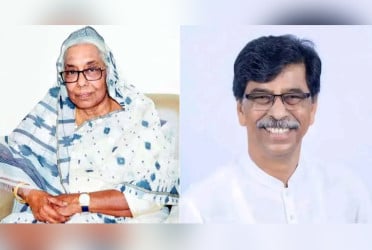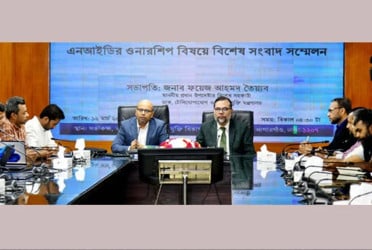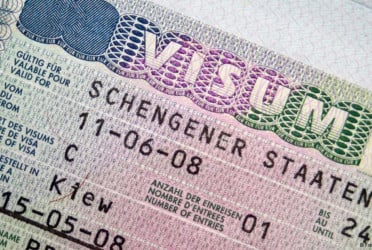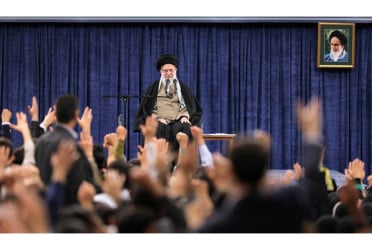Some men build businesses, some build institutions, and a rare few build nations. My father-in-law, Mostafa Golam Quddus, was one of them. As I bid farewell to the man I fondly called Abbu, I reflect not just on the loss of a beloved mentor but on the legacy of a true patriot—a man whose contributions to Bangladesh deserve to be remembered for generations to come.
Beyond his towering achievements in business and nation-building, Abbu's greatest happiness came from his family. Despite his demanding responsibilities, he always found time for those he loved, especially his six grandchildren.
The happiest I had ever seen him was when he beamed with unmatched pride upon hearing that his eldest granddaughter had been accepted to the prestigious Cambridge University. In that moment, the gravitas and persona of the leader, the entrepreneur, and the nation-builder faded away, and all that remained was a grandfather overwhelmed with joy and pride. His family was his anchor, his ultimate source of fulfillment, and the legacy he cherished most.
I married into his family in 2012, but from the very beginning, he never treated me as a son-in-law. Instead, he embraced me as a friend, a protégé, and a confidant. Our conversations spanned everything—from business strategy and leadership to national and global politics. I quickly discovered that he was fiercely apolitical, driven not by personal ambition but by an unwavering commitment to the country he fought for.
We played cricket together, debated policies, discussed leadership, and enjoyed candid moments. His wisdom was vast, yet he never imposed it—he guided with quiet confidence, always listening, always teaching. He was my mentor, my biggest cheerleader, and one of my greatest pillars of strength.
Before transitioning into the business world, He had a distinguished career in law enforcement. As a dedicated and principled officer, one of his most notable achievements was his role in apprehending the prime suspect in the assassination of President Ziaur Rahman in 1981. At a time of national turmoil, his commitment to justice and his diligent investigative work demonstrated his unwavering dedication to the rule of law. His integrity and effectiveness as a police officer set the foundation for the leadership and crisis management skills, which he always credited for his leadership skills in the business and industrial sectors.
His life's work wasn't about personal gain—it was about nation-building. One of his most defining contributions was in the ready-made garment (RMG) sector.
In the 90s, Bangladesh's garment industry faced an existential threat when U.S. Senator Tom Harkin proposed a ban on imports due to child labor concerns. This could have crippled the sector and cost millions of jobs.
However, Abbu believed in solutions, not panic. He united business leaders, introduced sweeping reforms, and engaged in diplomacy that ultimately led to the U.S. reconsidering its stance. His leadership didn't just save an industry; it secured the livelihoods of countless families and positioned Bangladesh as a global leader in RMG. His model in eradicating child labor and ensuring the educational rehabilitation of affected children was later adopted in Japan and Pakistan.
Mostafa Golam Quddus was not just a business leader; Many of today's successful RMG entrepreneurs owe their beginnings to his vision, generosity, and commitment to Bangladesh's economic growth.
Unlike many business titans, Abbu wasn't focused on empire-building, he was a visionary who pioneered and expanded Bangladesh's sweater export industry, opening doors for the country in the global apparel market. At a time when the sector was still in its infancy, he introduced innovative manufacturing techniques, introduced new markets, built international trade relationships, and positioned Bangladesh as a competitive exporter of sweaters. His success was never just about personal gain, His joy came from empowering others. He mentored countless entrepreneurs, offering not just financial support but business opportunities, strategic advice, and unwavering encouragement. Many of today's successful business leaders owe their beginnings to his vision and commitment.
Beyond business, he invested in education and social welfare, establishing institutions in his hometown, Mia Bazar, Cumilla. He never sought recognition for his contributions—he simply did what needed to be done. His impact was evident in the hundreds of thousands who gathered for his Janaza prayers, both in Mia Bazar and Gulshan.
Abbu was not a man who bent under pressure. He never sought political office, never pursued a foreign passport, and never wavered in his belief in Bangladesh's potential. Even when faced with injustice and authoritarian pressure, he stood firm. Corruption and intimidation never shook his integrity, his principles, or his love for his country.
Even in his final years, he remained committed to developing future leaders. He believed that Bangladesh's greatest strength lay in its entrepreneurs, its thinkers, and its doers—not just its political elites.
With his passing, we have lost more than a beloved Abbu, mentor, and a business leader. We have also lost one of the best from the greatest generation of this nation—a man who helped shape the Bangladesh we know today, the man who helped the sick get medical treatment, even if he knew them or not! Yet, when he needed urgent medical attention the most, Abbu did not have the same luck. There were—and still are—forces that tried to deny him his basic rights, to tarnish the reputation he cherished above all else. However life writes its own conclusions. At his Janaza and final rites, thousands of people stood in line for hours to pay their respects. The Bangladesh Police Force, to which he once belonged, honored him in the finest way possible.
As I say goodbye, I and the family carry with us the lessons he taught: to lead with integrity, to build without seeking recognition, to fight without fear, and to believe in this country even when it falters.
Let us not wait until it is too late to recognize the nation-builders among us. Let us support them, celebrate them, and learn from them—so that their sacrifices and contributions continue to inspire the generations to come.
Rest in peace, Abbu. Your legacy will live on InshAllah.

